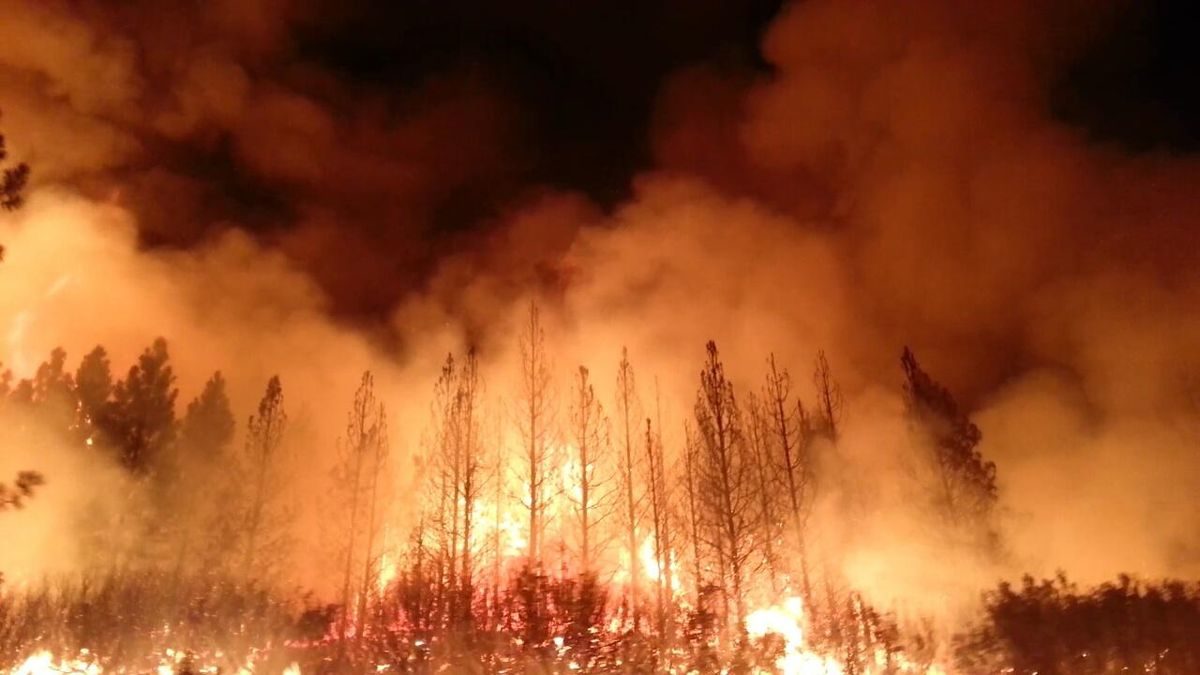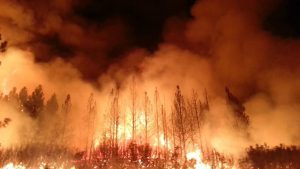Heat and wildfire smoke force residents to seek respite – and buy cooling systems and air purifiers, if they can afford them.
Wildfire smoke had painted the sky orange last week when Sam, a Bay Area resident, plugged in his newest purchase: an air filter with a car adapter that would turn his minivan into an escape vehicle.
Sam’s daughter has an immune disorder, and with smoke from nearby fires making the air among the globe’s dirtiest, the family fled north for clearer skies.
Sam, who asked the Guardian to withhold his last name to respect his daughter’s privacy, said the attempts to protect her vulnerable lungs cost several thousand dollars. “Just the fact that we have this option available to us makes us incredibly lucky,” he said.
The family was not alone in spending significant amounts of money to mitigate the impacts of the wildfires that have raged across California this season. People across the US west, including hundreds of miles away from the blazes, reported buying air purifiers for the first time to cope with the smoke that cast a hazy glow over multiple states. The most effective air purifiers can run $200 to $500, and many sold out. Others said they had run up their air conditioning bills or paid for gas and hotels to leave the area.
When most people think of adaptation to the climate crisis, they think of governments building up infrastructure to protect property against rising seas or the agriculture industry finding new ways of growing crops with different rain patterns.
When most people think of adaptation to the climate crisis, they think of governments building up infrastructure to protect property against rising seas or the agriculture industry finding new ways of growing crops with different rain patterns.
But individuals are already adapting – whether they are buying air purifiers, installing air conditioning to fight the heat or spending big to evacuate ahead of intensifying hurricanes.
Americans around the country – if they have the resources – are dedicating more of their income to living with extreme weather fueled by climate change. The most vulnerable are being left behind, in the absence of government aid.
In the western US, the climate crisis has doubled the area burned by wildfire from 1984 to 2015, according to research cited in the federal government’s climate assessment. “The area burned from 1916 to 2003 was more closely related to climate factors” than forest management, the report said.
Cities across California have opened “cleaner-air centers”, where people who can’t afford purifiers or don’t have homes can escape the smoke for a few hours. But they have been less frequented than in previous years because of concerns about Covid-19. Public spaces such as libraries have been closed, eliminating another respite.
Read more: The Guardian





